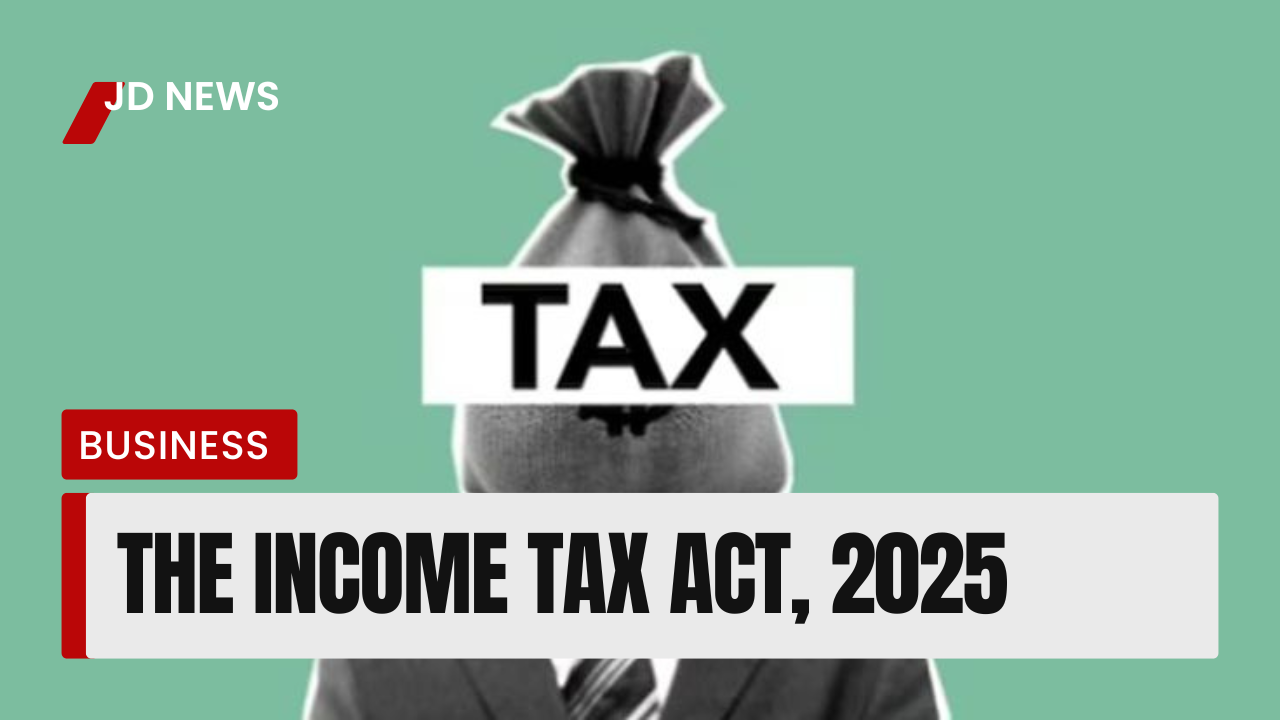Income Tax Act 2025: Key Changes and What It Means for Taxpayers

The new Income Tax Act, 2025 got the President's assent on 21 August 2025. The purpose of this Act is to simplify the complex Income Tax Act of 1961. The aim of the new laws is to simplify the tax provisions, remove redundant sections, and keep pace with technology and economic environment. The new Income Tax Act 2025 will come into force from 1 April 2026.
Finance Minister Nirmala Sitharaman highlighted that the new Act does not introduce any new tax rates but focuses on making the law easier to read, understand, and implement.
Key Changes and Simplifications
The 2025 Act significantly reduces complexity in India’s tax laws:
- Sections reduced: From 819 to 536
- Chapters reduced: From 47 to 23
- Word count reduced: From 5.12 lakh to 2.6 lakh words
Redundant provisions and verbose language have been removed, streamlining the law for better compliance and reduced litigation.
Finance Minister Sitharaman told Parliament:
The dense and complex structure of the Income Tax Act 1961 caused different interpretations and avoidable disputes. The simplified Act is designed to reduce such confusion and make tax administration smoother.
Parliamentary Approval and Presidential Assent
The Income Tax Bill 2025 was approved by the Lok Sabha on 11 August 2025 and subsequently passed by the Rajya Sabha on 12 August 2025, after incorporating recommendations from the Parliamentary Select Committee.
The President’s assent on 21 August officially enacted the legislation, setting the stage for implementation on 1 April 2026.
What This Means for Taxpayers
For individuals and businesses, the simplified Act promises:
- Easier understanding: Tax provisions are now written in simpler language.
- Fewer disputes: Reduced ambiguity may lower litigation due to misinterpretation.
- Streamlined compliance: Taxpayers can file returns and follow regulations more efficiently.
Experts suggest that this approach reflects a new era of tax administration in India, focusing on clarity rather than complex legal jargon.
Disclaimer The information in this article is compiled from reliable news outlets including The Hindu, Times of India, CNN, and Hindustan Times. While every effort has been made to ensure accuracy, readers are advised to cross-check facts before making conclusions. JDBulletin is committed to delivering factual, unbiased, and well-researched news.